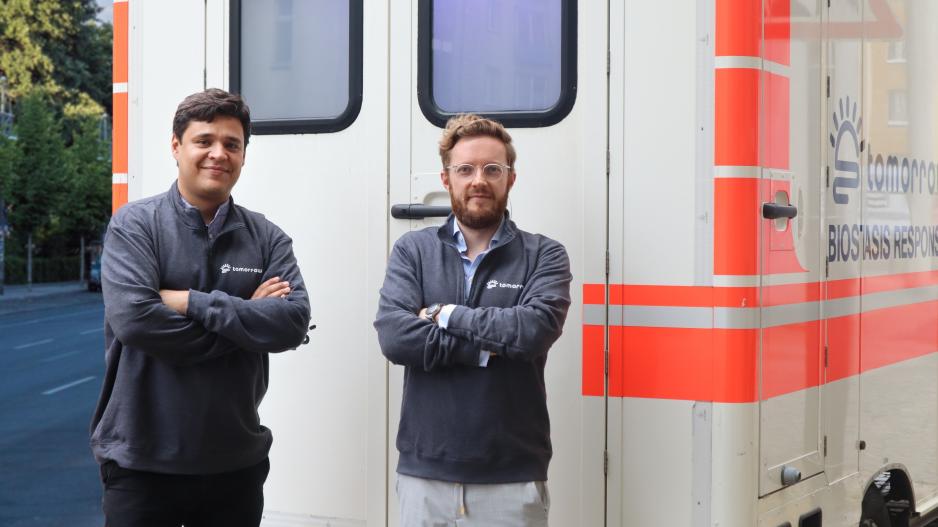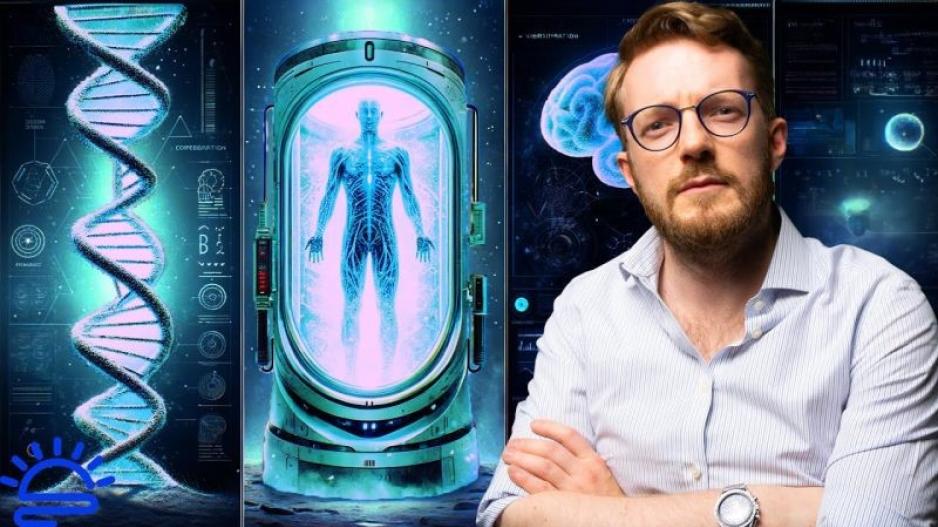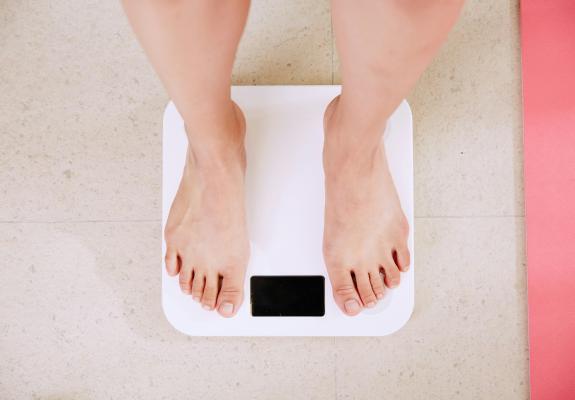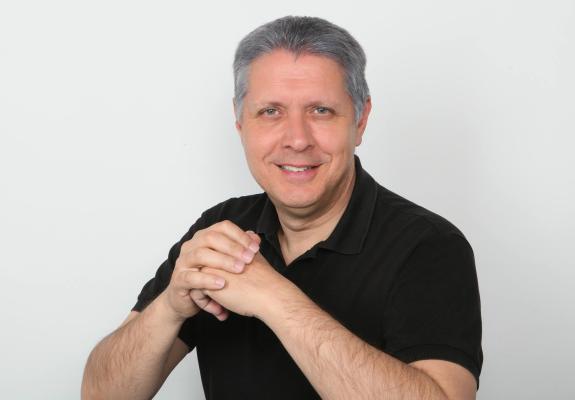Berlin Startup Offers Afterlife Ticket with Cryogenic Preservation
Tomorrow Bio is Europe's First to Provide Cryogenic Freezing Services
Tomorrow Bio, a Berlin-based startup, claims to offer a "ticket" to the afterlife through cryogenic preservation. It is the first company in Europe to provide this service, which involves freezing deceased individuals in liquid nitrogen until science advances enough to potentially revive them.
The company offers various services: whole-body preservation costs €200,000, while brain-only preservation is priced at €75,000.
Tomorrow Bio has already preserved six deceased individuals and five pets. Of the humans who chose cryogenic preservation, three opted for brain-only preservation.
Over 650 people have approached the company and enrolled in its services through life insurance contracts. Similar companies have been operating in the United States and Russia for some time.
"Some people choose this because they fear death. Others want to see how technology evolves in the future and desire the opportunity to experience space travel. I want to do it because I enjoy living and wish to extend my life and have the health to engage in more of what this planet offers," says Fernando Azevedo Pinheiro, co-founder of Tomorrow Bio, who has also signed up for cryopreservation.
Speed is crucial once a patient dies because, as soon as the heart stops, cells begin to decompose, making future revival more difficult. Tomorrow Bio has a fleet of modified ambulances that rush to collect the body and begin the cooling process en route to the final storage facility in Switzerland.
These "waiting teams," located in Berlin, Amsterdam, and Zurich, perform heart massage and provide oxygen to slow decomposition while replacing body fluids with a cryoprotectant solution, a type of antifreeze to prevent harmful ice crystals from forming as the temperature drops.
The method, known as cryopreservation, uses extremely low temperatures (minus 196 degrees Celsius) to halt all biological processes in the body. The waiting teams can cool bodies to minus 80 degrees Celsius, stopping decomposition and allowing time for transport and administrative procedures.
The concept is not new. It gained fame through Hollywood movies like "Demolition Man" starring Sylvester Stallone, and at least 500 people, mainly in the United States, have been cryopreserved since 1967.
Founded in 2020 and backed by private investors, Tomorrow Bio claims to be the first globally to provide local teams that start the preservation process. The company has yet to turn a profit but plans to partner with others to expand its services to continental U.S. by 2025, and possibly to Latin America and Asia thereafter.

The company collaborates with the European Biostasis Foundation, based in the village of Rafz, Switzerland, which is the final stop for the preserved individuals. In a modern building within an industrial park next to a railway station, patients are stored in vacuum-insulated steel containers, known as dewars, which are filled with liquid nitrogen and do not require electricity to remain cold.
According to the organization, the storage facility is secure because it is located in a low-seismic area, away from hazards like floods, and has low crime rates.
Even if Tomorrow Bio were to go bankrupt, patients are assured safety, says the company, as their fate rests in the hands of the Patient Care Foundation, a nonprofit managed by volunteer administrators and funded by safe, low-risk asset returns.
These administrators will ultimately decide when the technology has advanced sufficiently to revive patients. This leaves the question of the revival technology itself. Ultimately, how willing would someone who died at 90 be to return to an elderly body?
"This is where we enter the realm of speculation. No one knows for sure what the future holds. Some researchers believe in rejuvenation through cellular reprogramming. Alternatively, a brain could be placed in a younger body. Some families have signed up for preservation together so they won’t face an unknown future alone," admits Pinheiro.






